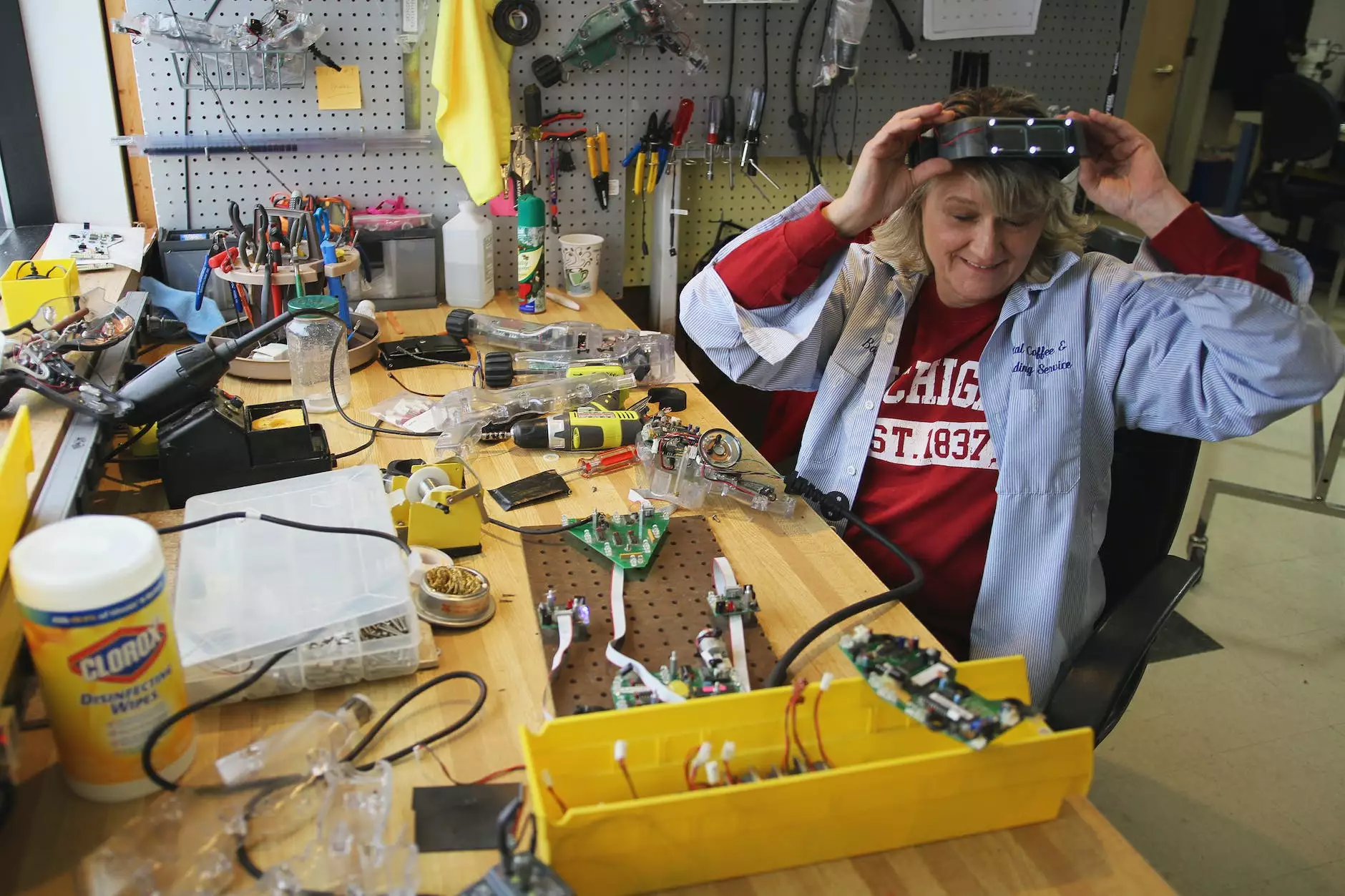What Materials Will Replace Silicon in Future Tech?
Blog
As technology continues to evolve, the search for materials that can replace silicon becomes increasingly important. Silicon has been the backbone of the electronics industry for decades, but its limitations are becoming apparent. In this comprehensive guide, we will explore the potential alternatives to silicon and their potential impact on future technology.
The Need for New Materials
The rapid advancement of technology demands more efficient and powerful electronic devices. Silicon has served us well, but it is reaching its physical limits in terms of speed, size, and power consumption. This has led researchers and scientists to explore alternatives that can potentially overcome these limitations and revolutionize the world of electronics.
Graphene - The Miracle Material
Graphene, the two-dimensional carbon allotrope, has emerged as one of the most promising candidates to replace silicon. Its extraordinary properties include high electron mobility, excellent thermal conductivity, and remarkable strength. Graphene-based transistors have shown great potential for faster, smaller, and more energy-efficient devices. However, commercial production and integration of graphene into electronic devices still face significant challenges.
Transition Metal Dichalcogenides (TMDs)
TMDs are another group of materials that have attracted considerable attention in the search for silicon alternatives. These compounds, such as molybdenum disulfide (MoS2) and tungsten diselenide (WSe2), possess unique electrical and optical properties. TMDs have demonstrated the ability to create thin, flexible, and transparent devices for applications like flexible displays, sensors, and energy storage. Extensive research is being conducted to overcome manufacturing issues and scale up the production of TMD-based devices.
Topological Insulators
Topological insulators represent a fascinating class of materials that conduct electricity on their surface while being insulating in the bulk. Their unique properties make them ideal for spintronics and quantum computing applications. Major breakthroughs in the practical implementation of topological insulators are expected in the near future, paving the way for faster and more secure data processing.
Organic Semiconductors
Organic semiconductors offer flexibility, low cost, and potential biocompatibility, making them an attractive alternative to silicon in certain applications. Conjugated polymers and small molecules have already found their way into organic light-emitting diode (OLED) displays, organic photovoltaics (OPV), and organic field-effect transistors (OFET). Ongoing research aims to improve their performance and stability, unlocking new possibilities in wearable electronics and sustainable energy solutions.
Quantum Dots
Quantum dots are nanoscale semiconductor particles with unique optical properties. They have shown tremendous potential in displays, lighting, and bioimaging applications. With their ability to emit light at precisely controlled wavelengths, quantum dots could revolutionize color displays, enabling more vibrant and energy-efficient screens. Continued research and development are required to address challenges like scaling up production and improving quantum dot stability.
Nanoscale Materials
Advancements in nanotechnology have opened up exciting possibilities in materials research. Nanomaterials, such as carbon nanotubes, nanowires, and nanocrystals, offer exceptional electrical, thermal, and mechanical properties. Their integration into electronic devices could lead to groundbreaking advancements in computing, energy storage, and biotechnology. However, extensive R&D is necessary to overcome technical hurdles and ensure their cost-effective scalability.
The Road to the Future
While silicon has dominated the electronics industry for decades, the search for alternatives has gained significant momentum. Graphene, transition metal dichalcogenides, topological insulators, organic semiconductors, quantum dots, and nanoscale materials are all promising candidates. Each material has its own unique set of properties and challenges, but they hold the potential to revolutionize various sectors of technology.
At Luxury Ride Dubai, we aim to stay at the forefront of technological advancements. Our fleet of luxury vehicles, including the iconic Audi R8 Coupe V10 and Lamborghini Urus, showcases the epitome of automotive engineering. Experience the future of luxury transportation with us. Contact us today to book your dream ride!




